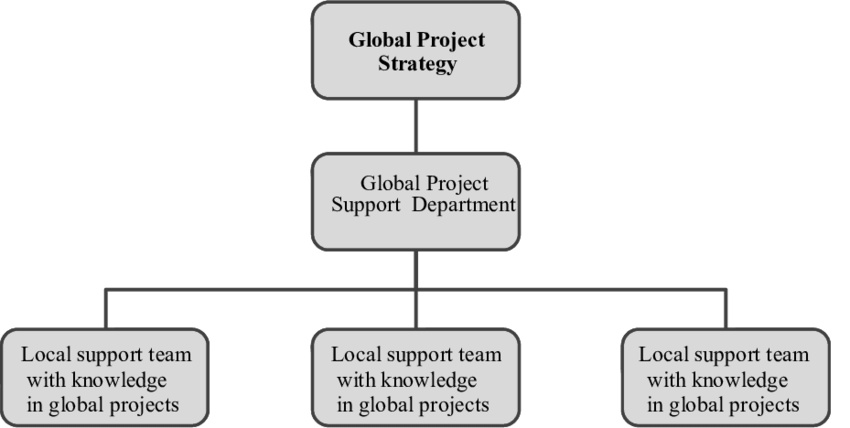In today's interconnected world, businesses and organizations are increasingly engaged in projects that transcend geographical boundaries. Managing these global projects effectively requires more than just traditional project management skills—it demands robust global project support strategies. This article explores the significance of global project support and outlines key strategies for ensuring success in this complex environment.
Why Global Project Support Matters
Global project support is critical for several reasons. First and foremost, it enables organizations to leverage diverse talent and resources from around the world. By tapping into a global pool of expertise, businesses can access specialized skills and knowledge that may not be available locally. This can lead to innovative solutions and improved project outcomes.
Secondly, global project support helps ensure consistency and alignment across different regions. With teams spread across multiple locations, maintaining a unified approach and communication framework is essential for achieving project goals efficiently. Global support functions can facilitate this coordination and keep all stakeholders on the same page.
Furthermore, in today's competitive landscape, organizations often need to operate on a global scale to stay relevant and competitive. Global project support allows companies to expand into new markets, manage international partnerships, and navigate diverse regulatory environments effectively.
Key Strategies for Successful Global Project Support
-
Establish Clear Communication Channels: Effective communication is the cornerstone of successful global project support. Implementing robust communication channels, such as video conferencing, project management tools, and regular status updates, helps bridge the gap between dispersed teams and fosters collaboration.
-
Cultural Awareness and Sensitivity: Cultural differences can significantly impact project dynamics. It's crucial to promote cultural awareness among team members and adapt project approaches to accommodate diverse cultural norms and preferences. This fosters mutual understanding and respect, leading to smoother project execution.
-
Deploying Local Expertise: Leverage local talent and knowledge in each region to gain insights into market nuances, regulatory requirements, and customer preferences. Local experts can provide invaluable guidance and contribute to tailored project strategies that resonate with regional stakeholders.
-
Standardized Processes with Flexibility: Implement standardized project management processes while allowing flexibility to accommodate local variations and needs. This balance ensures consistency in project execution while respecting regional differences.
-
Invest in Technology: Leverage technology solutions that facilitate seamless collaboration and information sharing across borders. Cloud-based platforms, project management software, and virtual collaboration tools empower global teams to work efficiently despite geographical distances.
-
Proactive Risk Management: Identify and mitigate potential risks associated with global projects, including geopolitical factors, currency fluctuations, and regulatory changes. Developing contingency plans and maintaining open lines of communication can minimize disruptions and ensure project continuity.
-
Build Strong Relationships: Invest in building strong relationships with stakeholders across different regions. This includes clients, partners, and local authorities. Strong relationships foster trust and goodwill, which are essential for navigating global projects successfully.
-
Continuous Learning and Improvement: Encourage a culture of continuous learning and improvement within global project teams. Collect feedback, conduct post-project reviews, and implement lessons learned to enhance future project performance.
Conclusion
In conclusion, global project support is indispensable for organizations operating in today's interconnected world. By embracing the principles outlined above—clear communication, cultural sensitivity, leveraging local expertise, standardized processes with flexibility, technology adoption, proactive risk management, relationship-building, and continuous improvement—businesses can navigate the complexities of global projects effectively and achieve their strategic objectives.
Successful global project support not only enhances project outcomes but also strengthens organizational capabilities and competitiveness in the global marketplace. Embracing these key strategies will enable businesses to thrive in an increasingly interconnected and dynamic business environment.


No comments yet